Social Compliance: It’s Crucial to Business Success
At the Mekong Club, we focus on modern slavery, which falls under the broader umbrella of ‘social compliance’. By definition, social compliance focuses on the policies, procedures and practices that a company uses to protect the safety, rights, and health of their own workers and the workers throughout their extended supply chain. Modern slavery compliance forms an integral part of any social compliance strategy and as such developing a strong compliance approach can ensure that modern slavery is addressed in a meaningful way. Social compliance should never be something that comes from a checklist. Reputational and legal risks that result from failures and breaches in compliance can seriously threaten the good name and standing of a company. This can have a lasting impact on their profits, prestige and growth. Understanding the importance of social compliance can make the difference between a company that runs into trouble and one that thrives.
The main goal of a functioning social compliance program is to put in place systems and procedures to document, assess, and manage any risks or vulnerability. Third party audits are the most common approaches used to ensure a company is in modern slavery compliance throughout its entire supply chain. These assessments often focus on in-country labor laws, workplace and labour conditions, and workers’ satisfaction. Once completed, audit findings, observations and supporting evidence are used to make recommendations that remediate a risk deficiency and improve internal controls to mitigate the identified risk.
There are also a range of grievance apps and hotlines that can collect on the ground information related to employment practices. If issues are identified, they can be addressed through policy changes, training and improved communication with management.
There are three outcomes that result from a well-planned social compliance strategy.
When a company takes an active role in tracking and addressing social compliance topics, this often results in measurable increases in worker satisfaction, worker retention, loyalty and increased productivity throughout the entire supply chain. Satisfied workers contribute to a positive ambience at the workplace and increase workplace productivity.
When social compliance measures are tracked as part of an ESG framework, this allows investors to understand the financial risk and/or viability of a company. When the “S” indicators are tracked, this can help investors to feel more confident that a company will not face reputational risk factors that could reduce its overall value.
Finally, when companies voluntarily report on their social compliance efforts, it allows consumers to see that a company cares. This can result in increased customer loyalty and sales.
One outcome of the COVID crisis was a renewed emphasis on the importance of companies demonstrating that they care about the planet, communities and their workers. This increased emphasis has convinced many companies to revisit whether they are perceived as doing good or not.
The necessary skills and capabilities to tackle most social compliance problems, whether it be legal, risk, accounting, communications, or financial expertise, exist within most brands. With much more emphasis on ESG and “business with purpose,” these efforts will demonstrate that companies can be a part of the solution, not the problem. They demonstrate that robust social compliance and modern slavery compliance systems are not simply a pipe-dream but a practical necessity.
Thus, businesses that have good social compliance policies demonstrate that they are accountable to themselves, their suppliers, their shareholders and their employees. In this day and age, this is crucial to business’s success.
Author: Matthew Friedman

